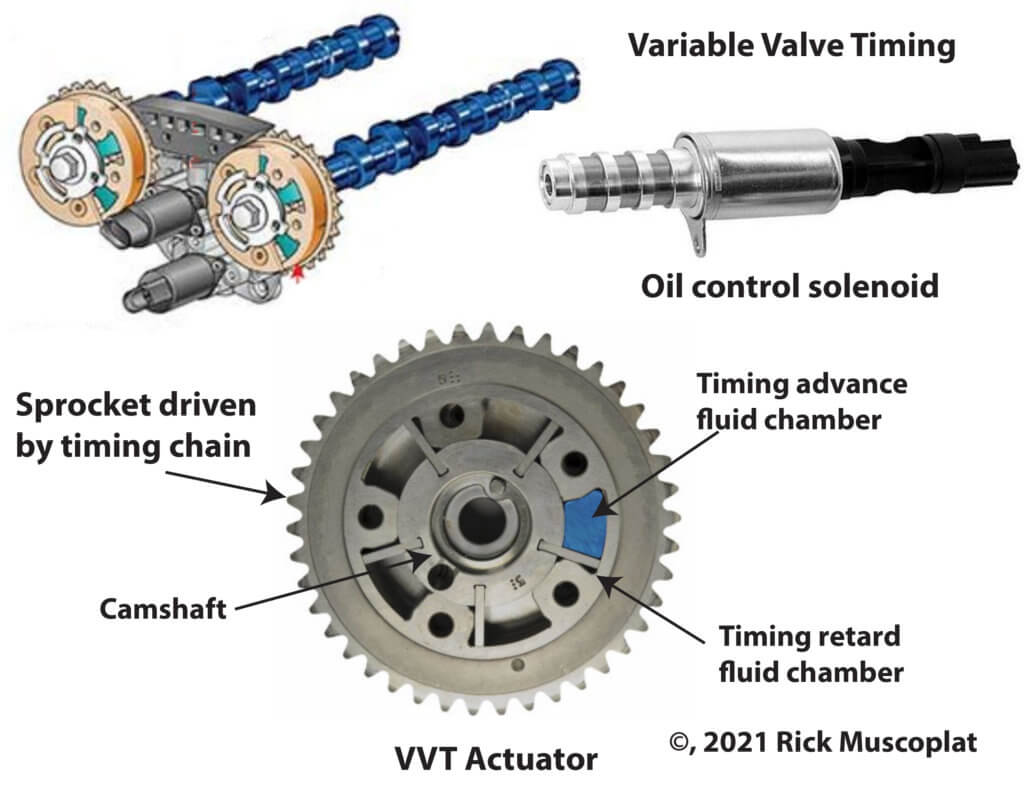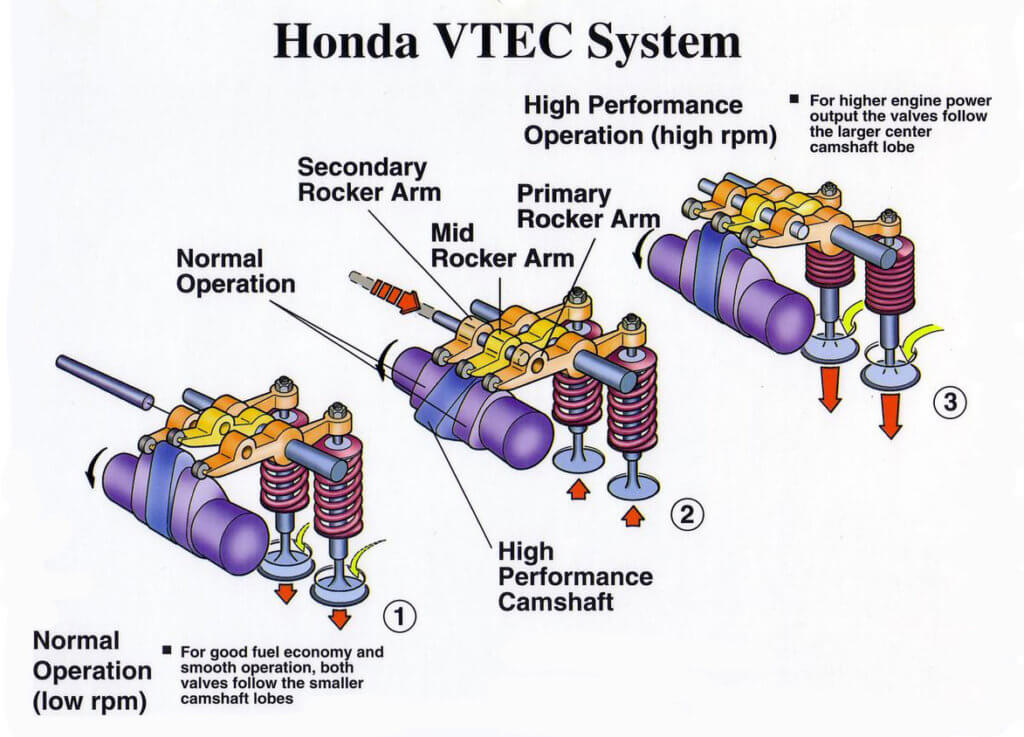Oil additives
Oil additives — do they work?
Not really. With just one exception, they are a complete waste of money. They will not improve performance or mileage. They work only to enrich the companies that make this snake oil. Modern API SN+ and the newer GF-6 oils contain all the additives you need. In fact, adding an additive may actually reduce the protection provided by the newer oils.
But there is one exception. If you have an older (80’s or older) engine with high friction flat tappet valve lifters, you might want to add a ZDDP (zinc dialkl dithiophosphate) additive. However, you should never add a ZDDP additive in a newer engine because ZDDP can damage your catalytic converter.
Let’s take a look at some of the popular oil additives and what they claim to do
Oil stabilizer
Oil stabilizer manufacturers claim their product increases oil life by at least 50%, reduces oil consumption, eliminates dry starts, and raises oil pressure. Those all sound like great benefits. But they don’t mention the downsides.
The downsides of using an oil stabilizer
Better resistance to cold start wear at the expense of higher overall engine wear
Oil stabilizer is basically a very high viscosity oil similar to gear oil (in the 60-90 viscosity range). Some also contain additional polymer viscosity improvers. These additives are very thick so they cling to engine parts and don’t drain back into the crankcase as readily as normal engine oil that’s much lower viscosity. Because they cling to engine parts, they can improve cold start wear. But they also impair the oil’s cold flowability. In other words, while they reduce cold start engine wear, they increase engine wear because the oil can’t flow as well.
Increased oil film strength to reduce oil burning, but as the expense of increased overall engine wear and lower gas mileage
Since the high viscosity oil mixes with your regular oil, it does increase oil film strength slightly to help piston ring sealing on older engines. That can result in lower oil consumption on worn engines. But again, this comes with a HUGE downside. Higher viscosity oil increases overall friction, increases engine wear, and reduces fuel mileage.
Increased viscosity interferes with variable valve timing (VVT) systems
VVT systems vary camshaft timing by pulsing oil pressure into the VVT actuator or, in the Honda VTEC system, by altering the valve lift. The VVT systems require the recommended oil viscosity. If you alter the oil viscosity, the VVT system won’t work properly and will set a check engine light and trouble codes. Oil stabilizer products interfere with VVT operation.


Anti-wear additives
Modern oils have advanced anti-wear additives like molybdenum. They do not require supplemental anti-wear additives, with one exception: on engines built before the early ’80’s. Those engines were built with high-friction flat tappet lifters, so they need a boost of anti-wear additive with ZDDP (zinc dialkyl dithio phosphate). Supplemental ZDDP additives cost less than $15 a bottle. Shop for brands like ZDDP Plus or Hy-Per Lube Zinc. However, DO NOT USE ZDDP additives in a post-’80s engine—extra ZDDP can damage your catalytic converter.
Engine restorer oil additives
If you’re hoping to restore your worn engine to a “like new” condition with a restorative additive, you should instead put your money into lottery tickets because you’ll have a better chance of seeing a return on your investment. Engine oil retore products promise to restore your engine by depositing microscopic particles of metals onto the cylinder wall to restore compression. On some youtube channels, amateur testers use the product and compare before and after compression readings that portend to show how successfully the product increases compression. But these effects are not long-lasting. If they were. you wouldn’t need to re-treat the engine.
Crankcase cleaners
Pour in crankcase cleaners are supposed to remove any sludge and carbon deposits in your engine. These are basically petroleum solvents that dissolve sludge. However, if your engine has sludge deposits due to neglect, the damage to your engine is already done. Removing the sludge won’t restore the lost metal. Worse yet, solvent cleaners can dislodge large portions of sludge that can clog oil galleries, causing oil starvation and complete engine failure.
If you want to clean your engine safely, increase oil change frequency.
©, 2021 Rick Muscoplat
Posted on by Rick Muscoplat